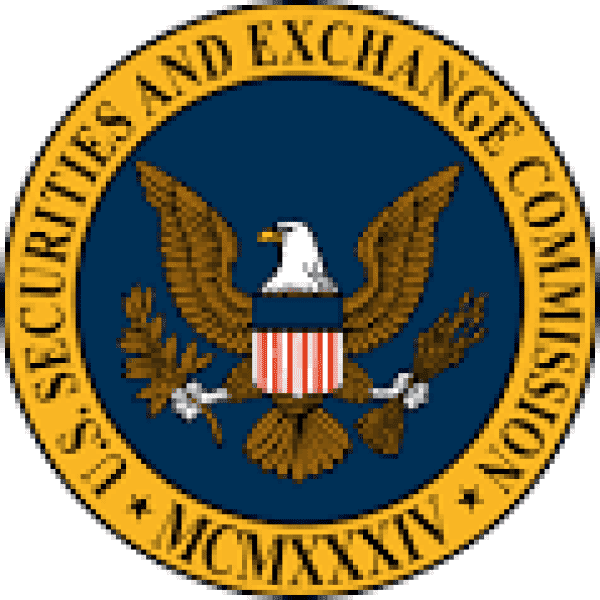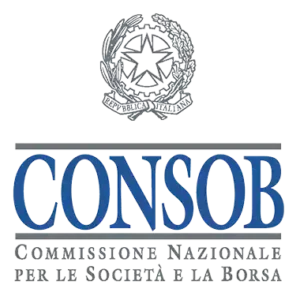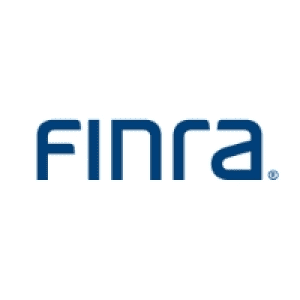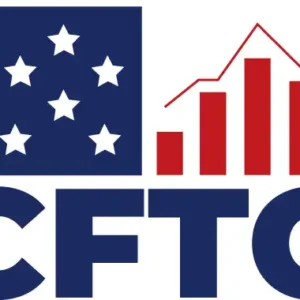
The US Securities and Exchange Commission (SEC) is an independent agency of the federal government responsible for regulating the securities industry in the United States. Its main mission is to protect investors, maintain fair, orderly, and efficient markets, and facilitate capital formation. In this article, we will delve into the history, structure, functions, and regulations of the SEC.
What is the SEC?
The SEC is a federal agency that regulates the securities industry, which includes stocks, bonds, mutual funds, exchange-traded funds, and other financial products. It was created by the Securities Exchange Act of 1934 to enforce the Securities Act of 1933, which requires companies to disclose material information about their securities offerings to the public. The SEC also oversees the activities of self-regulatory organizations (SROs), such as the Financial Industry Regulatory Authority (FINRA).
History of the SEC
The SEC was created in response to the stock market crash of 1929 and the ensuing Great Depression. Its original mandate was to restore public confidence in the securities markets by requiring companies to disclose relevant financial information and preventing insider trading and other forms of securities fraud. Over the years, the SEC has expanded its mandate to include other areas, such as investment advisor regulation and oversight of the credit rating agencies.
Structure of the SEC
The SEC is headed by five commissioners who are appointed by the President of the United States and confirmed by the Senate. The commissioners serve staggered five-year terms and no more than three of them can be from the same political party. The commissioners are supported by a staff of over 4,000 employees, including attorneys, accountants, economists, and other professionals.
Functions of the SEC
The SEC has three main functions: (1) registration of securities offerings, (2) enforcement of securities laws, and (3) oversight of SROs. Companies that want to offer securities to the public must register with the SEC and provide detailed information about their business, financial condition, and management. The SEC reviews these filings and may request additional information before granting registration. The SEC also enforces securities laws by investigating violations of the securities laws, bringing civil and criminal actions against violators, and imposing sanctions, such as fines and imprisonment. Finally, the SEC oversees the activities of SROs, such as FINRA, by reviewing their rules and regulations and monitoring their enforcement activities.
Regulations of the SEC
The SEC has promulgated a wide range of regulations to protect investors and maintain fair, orderly, and efficient markets. Some of the key regulations include the Securities Act of 1933, the Securities Exchange Act of 1934, the Investment Company Act of 1940, the Investment Advisers Act of 1940, and the Sarbanes-Oxley Act of 2002. These regulations cover a wide range of areas, including disclosure requirements, insider trading, market manipulation, and accounting and auditing standards.
Enforcement of SEC Regulations
The SEC has broad authority to investigate violations of securities laws and regulations, and it works closely with other law enforcement agencies, such as the Department of Justice and the Federal Bureau of Investigation, to bring enforcement actions against violators. The SEC can impose civil and criminal penalties, including fines, disgorgement of profits, and imprisonment, and it can also seek injunctive relief to stop ongoing violations of the securities laws. In addition, the SEC has a whistleblower program that incentivizes individuals to report securities violations by providing monetary awards to those who provide original information that leads to successful enforcement actions.
Oversight of the SEC
The SEC is subject to oversight by Congress and the courts. Congress has the power to amend the securities laws and to appropriate funds for the SEC, and it can also hold hearings and conduct investigations to examine the SEC’s activities. The courts have the power to review SEC actions and to interpret the securities laws, and they can also overturn SEC decisions that are found to be arbitrary or capricious.
Impact of the SEC
The SEC has had a profound impact on the securities industry and on the economy as a whole. By requiring companies to disclose material information about their securities offerings, the SEC has helped to ensure that investors have access to accurate and timely information, which promotes transparency and fairness in the markets. The SEC’s enforcement actions have also helped to deter fraud and other forms of misconduct, which helps to maintain the integrity of the markets.
Future of the SEC
The SEC faces many challenges in the years ahead, including the emergence of new financial products and technologies, the globalization of the securities markets, and the need to balance the interests of investors, issuers, and other market participants. The SEC will need to continue to adapt to these changes and to ensure that its regulations and enforcement actions remain effective and efficient.
10. Conclusion
The US Securities and Exchange Commission is a vital institution that plays a critical role in protecting investors, maintaining fair and orderly markets, and facilitating capital formation. Its history, structure, functions, and regulations are complex and multifaceted, but they are all aimed at ensuring that the securities markets operate in a transparent, fair, and efficient manner. As the securities industry continues to evolve, the SEC will need to continue to adapt and innovate to meet the challenges of the future.
Specification: SEC
|
Q: How does the SEC enforce securities laws and regulations?
A: The SEC enforces securities laws and regulations by investigating violations, bringing civil and criminal actions against violators, and imposing sanctions, such as fines and imprisonment. It also has a whistleblower program that incentivizes individuals to report securities violations by providing monetary awards to those who provide original information that leads to successful enforcement actions.
Q: How is the SEC overseen by Congress and the courts?
A: The SEC is subject to oversight by Congress and the courts, which have the power to amend the securities laws, appropriate funds, hold hearings, and conduct investigations. The courts have the power to review SEC actions and to interpret the securities laws, and they can also overturn SEC decisions that are found to be arbitrary or capricious.
Q: What impact has the SEC had on the securities industry and the economy?
A: The SEC has had a significant impact on the securities industry and the economy by promoting transparency, fairness, and integrity in the markets. By requiring companies to disclose material information about their securities offerings and preventing fraud and other forms of misconduct, the SEC helps to ensure that investors have access to accurate and timely information, which promotes confidence and stability in the markets.
Q: What challenges does the SEC face in the future?
A: The SEC faces many challenges in the years ahead, including the emergence of new financial products and technologies, the globalization of the securities markets, and the need to balance the interests of investors, issuers, and other market participants. The SEC will need to continue to adapt to these changes and to ensure that its regulations and enforcement actions remain effective and efficient.
Q: What is the future of the SEC?
A: The future of the SEC will depend on its ability to adapt and innovate to meet the challenges of the future. As the securities industry continues to evolve, the SEC will need to continue to ensure that its regulations and enforcement actions remain effective and efficient.
Q: How can individuals report securities violations to the SEC?
A: Individuals can report securities violations to the SEC by filing a complaint with the SEC’s Office of the Whistleblower.
Q: What is the SEC’s whistleblower program and how does it work?
A: The SEC’s whistleblower program provides monetary awards to individuals who provide original information that leads to successful enforcement actions. The awards range from 10% to 30% of the monetary sanctions collected, and the SEC is required to keep the identity of the whistleblower confidential.
Q: Can the SEC impose criminal penalties on violators of the securities laws?
A: Yes, the SEC can impose both civil and criminal penalties on violators of the securities laws. Civil penalties may include fines, disgorgement of profits, and other sanctions, while criminal penalties may include imprisonment and fines. The SEC works closely with other law enforcement agencies, such as the Department of Justice and the Federal Bureau of Investigation, to bring criminal actions against violators.







